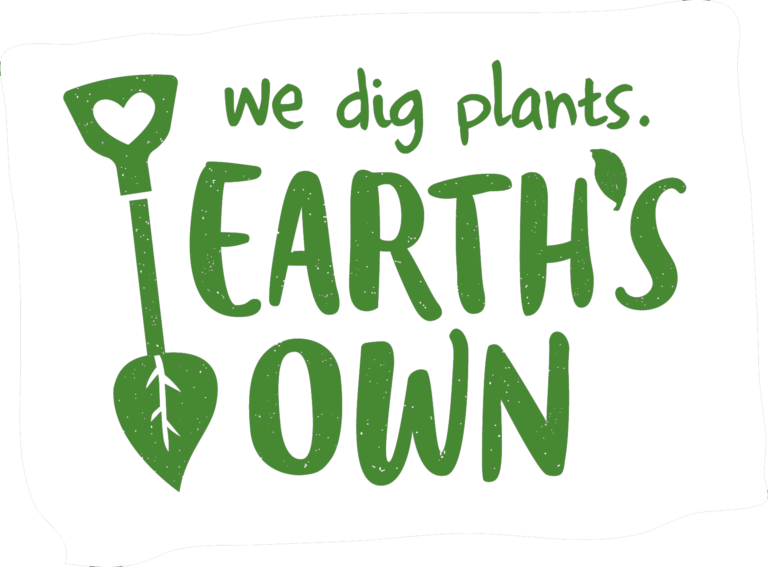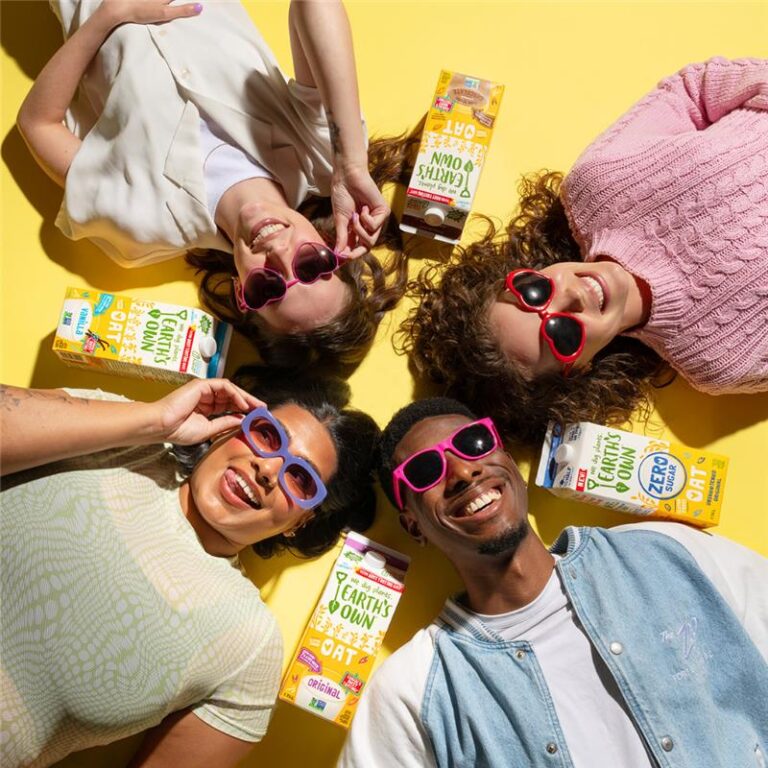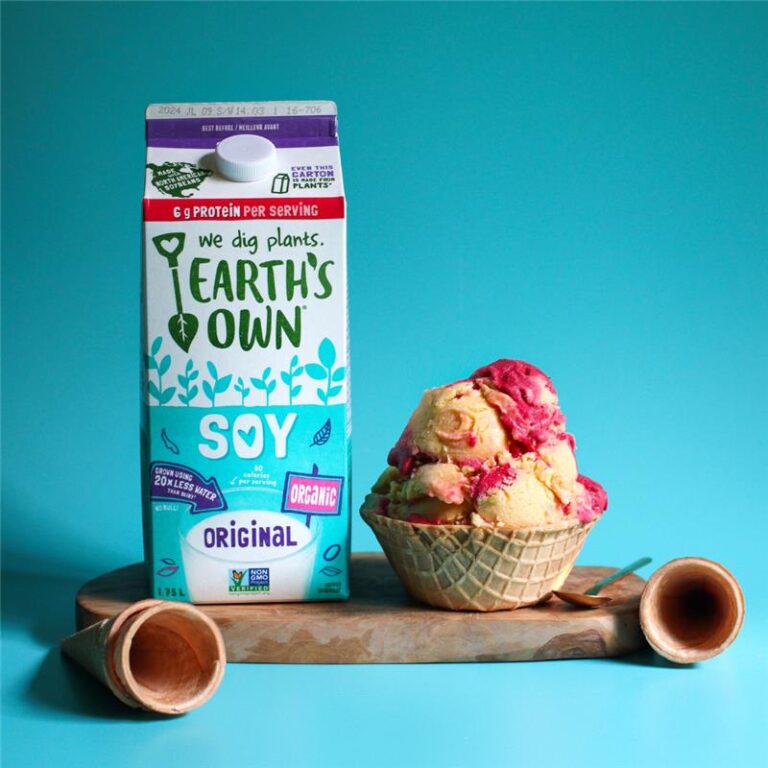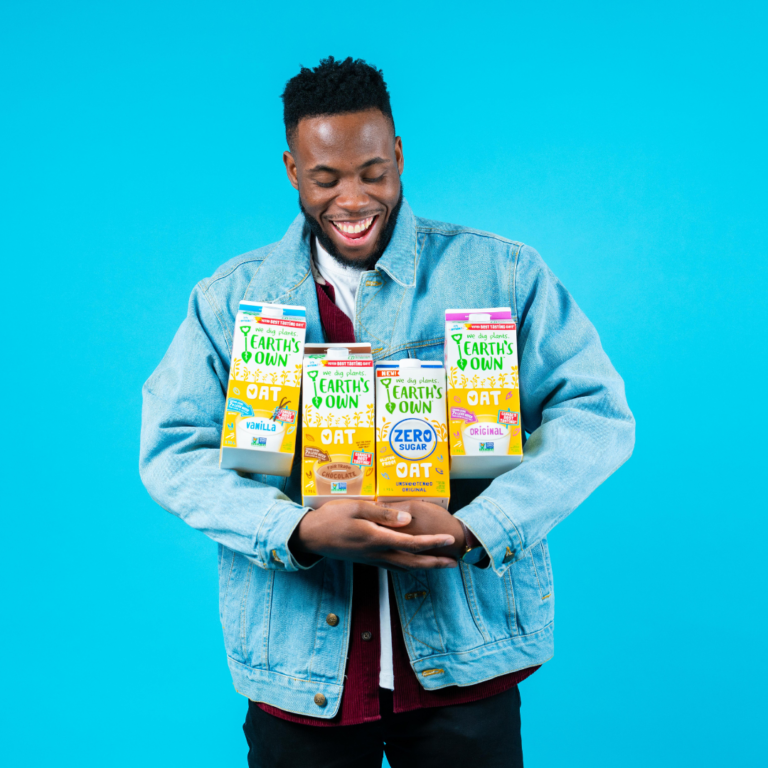
Plant-curiousness is taking this world by storm, and for so many good reasons.
Maybe you’ve watched a plant-based documentary like The Game Changers, Seaspiracy or What the Health and you’ve been inspired to change up the way you eat by exploring the benefits of a plant-based diet.
Maybe your reason for shifting to a plant-based lifestyle is for the environment, the animals or your own health. Regardless of your reason, your choice may be challenged by those around you and online, based on common misconceptions about eating plant-based, leading you to worry about stepping out of the “norm” when it comes to your diet.
Well, have no fear, because according to the American Dietetics Association: “appropriately planned vegetarian diets, including total vegetarian or vegan diets, are healthful, nutritionally adequate, and may provide health benefits in the prevention and treatment of certain diseases.”
Listing the benefits of plant-based eating feels like one of those commercials you see on TV, where ‘side effects may include’… It just goes on and on, but in this case, the benefits may include: more energy, better digestion, disease prevention, diverse and healthier gut, clearer skin, a new found love for cooking, less brain fog, stronger hair and nails, less inflammation, faster race times, better sleeps, less stuffiness, and an overall feeling of knowing you’re making an positive impact on your own health and the health of the planet!
Let’s get into the fun part: busting some of the common myths around eating plant-based (plus showcasing some amazing benefits of the plant-based lifestyle).
Myth # 1: You can’t get enough protein from a plant-based diet
3 simple answers:
- All plants have protein!
- Think of how big and strong elephants are. They’re plant eaters and they’re able to grow strong and live long, healthy lives eating plants alone.
- Amino acids are the building blocks of protein, and plants have all the amino acids you need to form a complete protein.
Pro tip:
Make sure you’re eating enough calories every day, and enough variety of plants throughout the week. A few great examples of protein-packed plant based foods include tempeh, lentils, quinoa, beans, tofu, edamame, nuts and seeds and even leafy greens!
Myth #2: You can only get iron from red meat
3 simple answers:
- Red meat contains heme iron. Too much heme iron actually isn’t healthy.
- Plants contain a good amount of iron, and when eaten with vitamin C-containing plants, it is readily absorbed.
- Try incorporating iron-rich plants into your diet, like pumpkin seeds, tahini or sesame seeds, chickpeas, cashews, kale, and dried fruits like apricots, figs and raisins.
Pro tip:
Make sure you are giving your body a chance to absorb the iron optimally from the plants you’re eating by avoiding tea and coffee around the time you eat iron-rich foods. These bevy’s have polyphenols and tannins that can reduce iron absorption.
Myth #3: Plant-based food lacks flavour
3 simple answers:
- Any taste and texture you’ve ever had or craved, can be created from the plant kingdom!
- Flavour can be built using herbs and spices – adding these to a plant-based meal will make it just as flavourful as a meal containing meat!
- A few of my favourite plant-based alternatives to get you started include: carrot bacon, roasted squash with nutritional yeast, BBQ’d summer corn, tofu scramble with black salt, veggie burgers, hot dogs, mac + cashew cheese, açai bowls, persimmons, spiced seitan ‘chickun’ n’ waffles and avocado pasta. You name it, and it can be ‘veganized’.
Pro tip:
What animal product do you think you’ll miss the most? Put it in google with ‘plant-based’ or ‘vegan’ in front of it. BAM. Endless ideas and recipes. It’s usually pretty easy to recreate any taste and texture you’re craving.
Myth #4: You need dairy for calcium and strong bones
2 simple answers:
- You can get calcium from plants! Since calcium is a mineral, it’s found in the soil and absorbed into the roots of plants. Animals don’t create calcium themselves, but they get their calcium from consuming calcium rich plants. Rather than choosing dairy, you can get calcium straight from the source by eating lots of calcium-rich plants: dark leafies, sesame seeds/tahini, soy products, figs, broccoli rabe, oranges and brussels sprouts.
- When you get calcium from animal products, it comes with animal protein, which has a high excretion rate (meaning you’re forced to consume more calcium to make up for the calcium excretion). When you eat a whole food, plant-based diet, calcium excretion rates are way lower, which means that when you are eating plant-based, you actually don’t need as much calcium!
Pro tip:
Learn about the environmental impact of dairy vs plant-based alternatives to get the full picture on the impact this switch can have! With so many great tasting dairy swaps now available, this switch is a no-brainer.
Myth #5: Eating plant-based is expensive
3 simple answers:
- While some plant-based alternatives can cost as much as buying meat and dairy products, most whole plant foods can be affordable and easily accessible!
- Some of the best, and most affordable, ingredients to add to your grocery list include whole grains, legumes and imperfect fruits and veggies.
- Sprouting your own seeds (like broccoli, mung beans, beet, radish, fenugreek, and arugula seeds) at home is the cheapest and most nutrient-dense thing you can do (and consume!) All you need to do is soak a tablespoon of seeds in water overnight, then rinse them (use a sprouting lid or a mesh top), and let them sit diagonally upside down in a bowl for 3 days, rinsing them twice per day. Easy, cheap and so nutritious.
Pro tip:
Hit up your local farmer’s market to explore all the foods that are currently in season. Choosing foods that are in season not only increases the nutrient quality, but also help you buy high-quality ingredients at the best price!
Remember, a plant-based diet isn’t about restrictions – plant-based foods are nutritious and can taste amazing. Switching to a plant-based diet allows you to explore new foods and try new things! The more you move towards plants, the better it will be for you and the planet.
I’ll leave it off with a quote that Dr. Sylvia Earle ended off Seaspiracy with:
“No one can do everything, but everyone can do something”… If that ONE thing is trying out a plant-based diet, that’s a pretty incredible start!
Julia Murray, Holistic Nutritionist and Plant-Based Chef at Hooked On Plants, Olympian, and guide/co-founder at the 80/20 Plants nutrition app, Social Media and Community Manager at No Meat Athlete and Complement.



